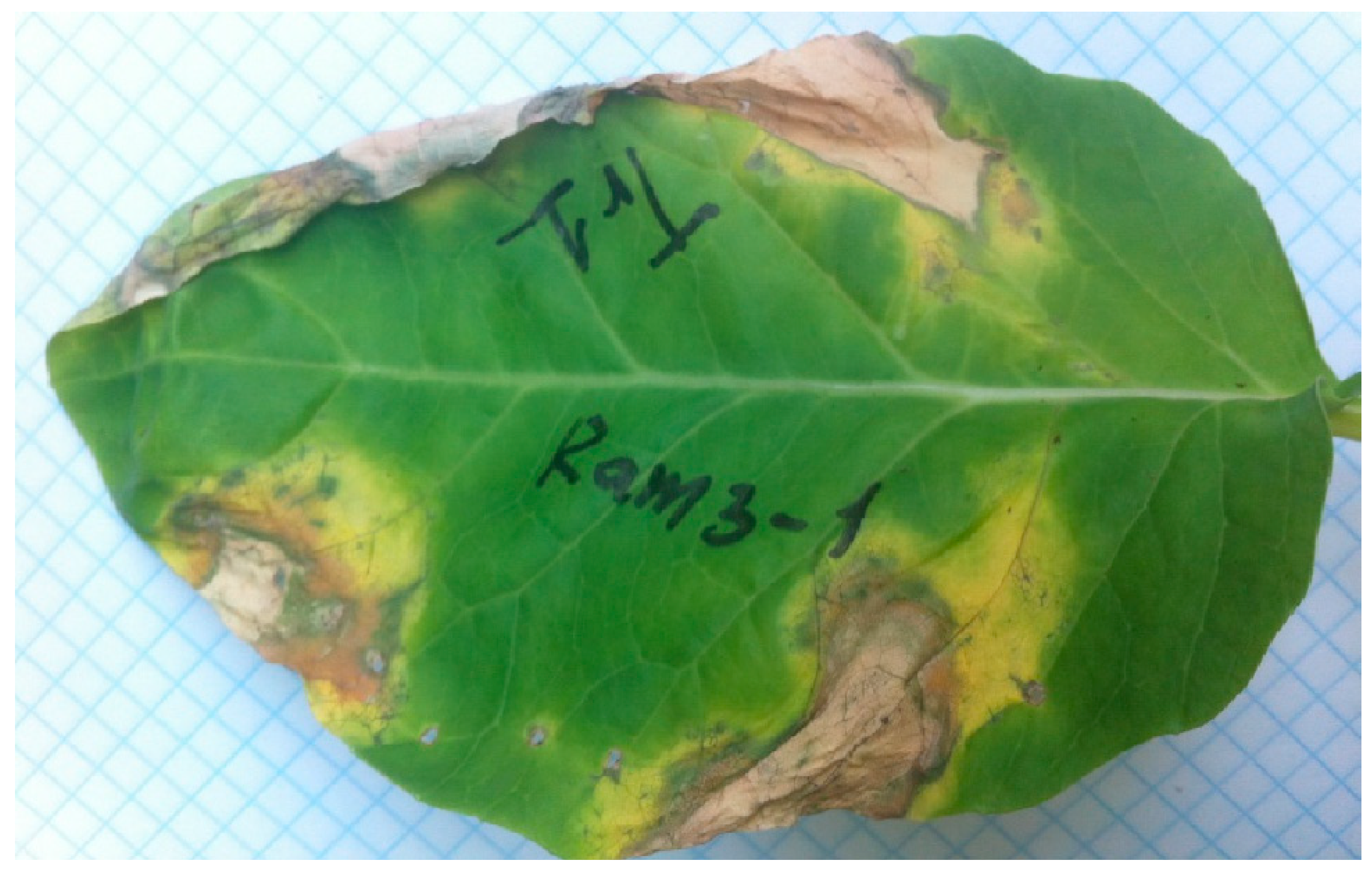Study finds drought fuels invasive species after wildfires
University of California, IrvineIrvine, Calif., Feb. 28, 2024 — In a study recently published in the journal Ecology, University of California, Irvine scientists uncover the intricate dance between drought, wildfires and invasive species in Southern California’s coastal sage scrub ecosystems. Titled “Long-term drought promotes invasive species by reducing wildfire severity,” the research, led by Sarah Kimball, Ph.












































